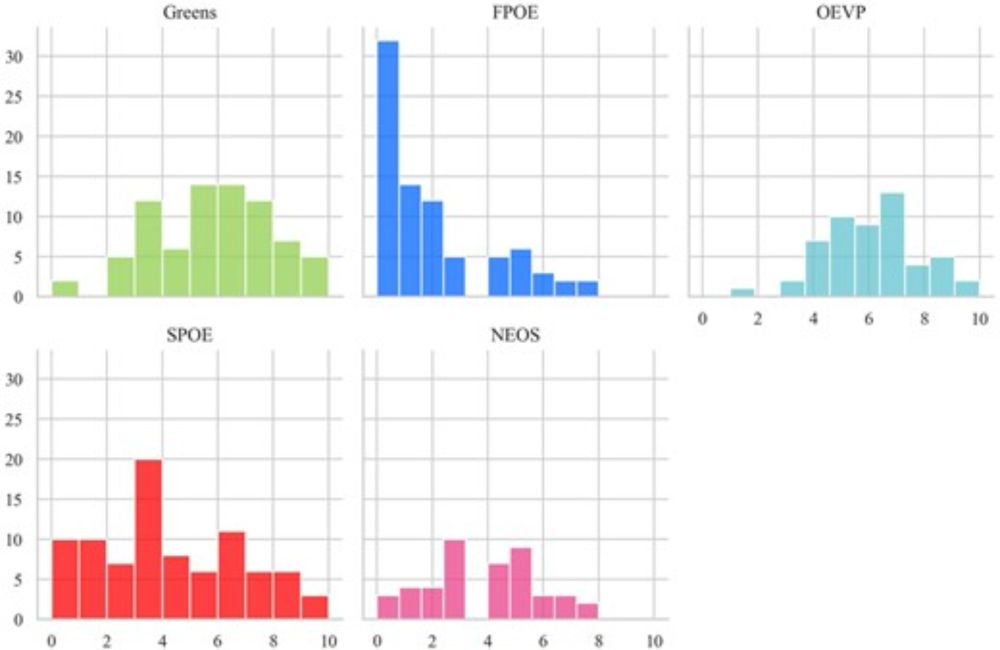Dima Epstein
@thinkmacro.bsky.social
180 followers
270 following
32 posts
Thinking about information, technology, policy, and society.
@HUJI: Communication, Public Policy and Governance, Cybersecurity
www.thinkmacro.org | www.comparativeprivacy.org
Also at: @[email protected]
Posts
Media
Videos
Starter Packs
Reposted by Dima Epstein
Reposted by Dima Epstein
Reposted by Dima Epstein
Jon Gold
@jongold.bsky.social
· Aug 11
Dima Epstein
@thinkmacro.bsky.social
· Aug 7
Dima Epstein
@thinkmacro.bsky.social
· Aug 7
Dima Epstein
@thinkmacro.bsky.social
· Aug 7
Dima Epstein
@thinkmacro.bsky.social
· Aug 7
Dima Epstein
@thinkmacro.bsky.social
· Aug 7
Dima Epstein
@thinkmacro.bsky.social
· Aug 7
Dima Epstein
@thinkmacro.bsky.social
· Aug 7
Dima Epstein
@thinkmacro.bsky.social
· Aug 7
Dima Epstein
@thinkmacro.bsky.social
· Aug 7
Dima Epstein
@thinkmacro.bsky.social
· Aug 7
Dima Epstein
@thinkmacro.bsky.social
· Aug 7
Dima Epstein
@thinkmacro.bsky.social
· Aug 7
Dima Epstein
@thinkmacro.bsky.social
· Aug 6
Dima Epstein
@thinkmacro.bsky.social
· Aug 6






